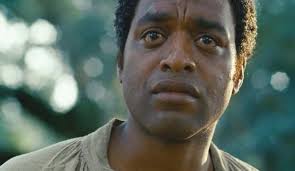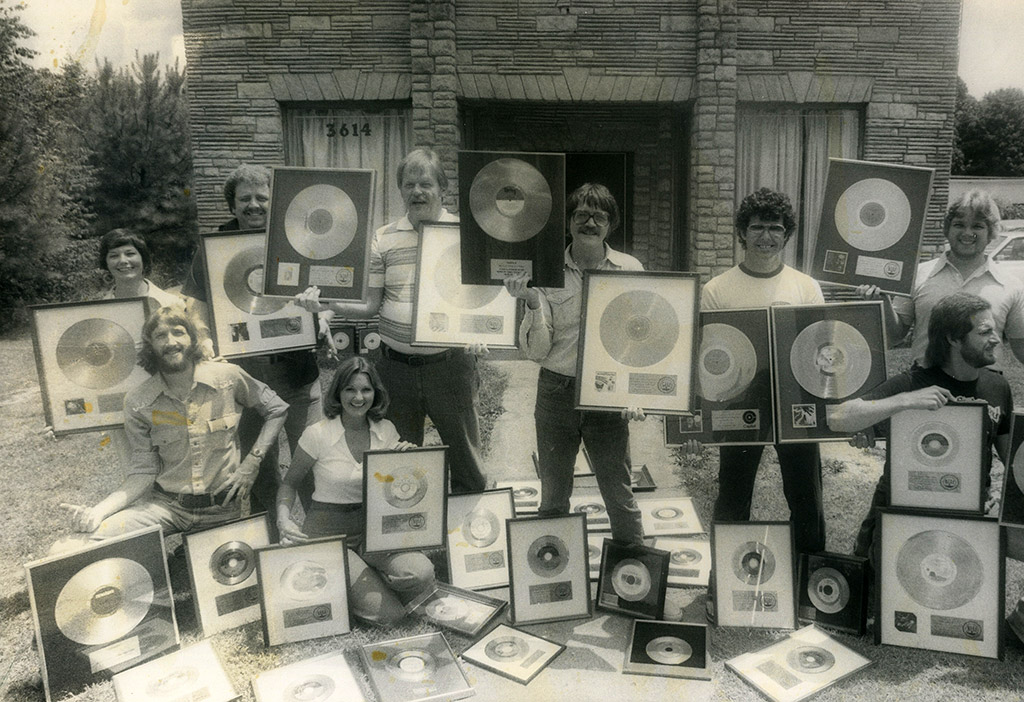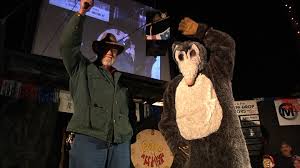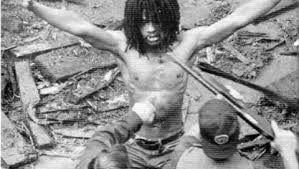Somewhere early in 12 Years A Slave after Solomon Northup’s (Chiwetel Ejiofor) enslavement, I thought to myself, “Take that, Quentin Tarentino” because this film is a corrective to everything that bothered me so much about Django Unchained. This one is the film that might spark a serious discussion of race and history and America.
Director Steve McQueen, a black man who grew up in London with ancestors from Grenada and Trinidad, has delivered the most compelling, emotionally complex, and aesthetically authentic film about slavery in the American South that I have ever seen, and he tells the story in ways that border, at times, on the experimental without the fillips and flourishes that mark, yet undermine, so many Hollywood films.
While the film itself is remarkable, so too is the fact that it is based on a memoir I’d never heard of and that it had never been made into a film before. I saw the movie with a historian who specializes in the American South (and who has taught the narrative in college-level classes), and she was as surprised then that I had never heard of Solomon Northup as I am now.
While some may quibble that Northup’s experience was atypical because so few of the many free blacks who were kidnapped and sold into slavery eventually regained their freedom, the fact that Solomon Northup was a free man – a good, hardworking, educated, talented, family man – offers contemporary viewers a bridge into understanding the evil of slavery by identifying with a historical figure who seems like someone they might know (or be) except for the period costuming. That connection informs part of the film’s power.
On the surface, the story is simple and told in a straightforward way, but there are layers and layers of meaning and nuance and small details that make the film extraordinarily rich for interpretation and striking in terms of the relationships and patterns of power that are revealed. And, McQueen does so with images that are simultaneously searing and subtle, as in the contrast between the brutality of the whip and the simplicity of a bar of soap.
From misguided paternalism to the complicity (or more) of white women to sexual exploitation to making the “other” alternately exotic and bestial (but always less) to the vilest acts of cruelty, this film focuses on one story but suggests the expansiveness of the system of slavery and conveys the power of the culture and traditions that fixed it in place in the American South.
It is not surprising that Steve McQueen has the insight and the talent to explore and expose the darkest and most painful dimensions of the human psyche and behavior and that he does so with brilliance.
Today I watched McQueen’s first feature, Hunger, an engrossing account of IRA member Bobby Sands leading fellow prisoners on a hunger strike in 1981, and I am not likely to forget either McQueen’s direction or Michael Fassbender’s incredible performance. But, Fassbender is equally memorable as a deranged plantation owner in 12 Years A Slave and as a sex addict in another McQueen film I keep thinking about, Shame.
Here is a portion of what I wrote on the blog about Shame after first seeing the film:
Shame is among the best films I’ve seen in recent years. McQueen’s film is brilliantly conceptualized and lovingly rendered with a spare script that unfolds and builds to an incisive revelation about the two main characters, a brother and sister who each seem doomed to replay over and over the tragedy of what must have been a horrific childhood.
Yet, despite the graphic imagery of Brandon’s sexual dysfunction – especially his face revealing that sexual release offers no pleasure for this haunted, broken man – and the evidence of his sister Sissy’s own manifestations of self-destruction, the film is surprisingly subtle and well-crafted.
Every visual choice and juxtaposition seems just about right. The spare script is stark but ultimately searing in a way that is hard to shake. A couple of lines uttered by Sissy as she sits by Brandon on the sofa with the camera behind them fills in as much context as viewers get or need: “We are not bad people. We just come from a bad place.”
Indeed.
It is a bad place the siblings carry around inside and cannot escape. The three times in the film Brandon is overcome by emotions that devastate him, and I think those moments are crucial to making this a film I cannot get out of my mind.
When you see the three films, you will probably think – as I do – that McQueen is a remarkable talent who tells stories about humanity at the margins. This is essential work because, after all, that is essential space for figuring out what it means to be human, even when what happens at the edges of experience is almost too painful to watch.
To hear McQueen and Ejiofor discuss the film in their own words, listen to a podcast of their Fresh Air interview with Terry Gross: http://www.npr.org/2013/10/24/240288057/12-years-a-slave-was-a-film-that-no-one-was-making. You won’t regret spending 20 minutes listening to this conversation.





